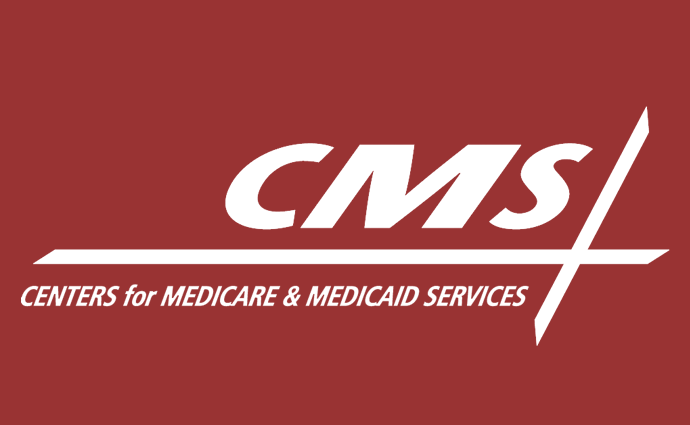CMS Floats Rule to Save Providers $1.1B, Cut Administrative Burden
Proposed changes to Medicare conditions for participation and coverage would save providers billions each year and reduce administrative burden, CMS stated.

Source: Xtelligent Media
- Healthcare providers are slated to save an estimated $1.12 billion annually under a recently proposed rule from CMS that would reduce administrative burdens.
The savings would stem from proposals to simplify and streamline Medicare’s conditions of participation (CoP), conditions for coverage, and other requirements for participation for ambulatory surgical centers, transplant centers, and other healthcare facilities.
“We are committed to putting patients over paperwork, while at the same time increasing the quality of care and ensuring patient safety and bolstering program integrity,” stated CMS Administrator Seema Verma in a press release. “With this proposed rule, CMS takes a major step forward in its efforts to modernize the Medicare program by removing regulations that are outdated and burdensome.”
“The changes we’re proposing will dramatically reduce the amount of time and resources that healthcare facilities have to spend on CMS-mandated compliance activities that do not improve the quality of care, so that hospitals and healthcare professionals can focus on their primary mission: treating patients,” she added.
If finalized, the proposed rule would particularly reduce the administrative burdens hospitals face. Specifically, the rule would decrease the paperwork and administrative burden for hospitals by:
- Permitting multi-hospital systems to have a unified and integrated Quality Assessment and Performance Improvement and unified infection control programs for all member hospitals
- Allowing discretion when an autopsy is indicated, deferring to state requirements
- Granting hospitals flexibility with developing a medical staff policy describing the circumstances under which a pre-surgery or pre-procedure assessment for an outpatient could be used in lieu of a comprehensive medical history and physical examination
- Clarifying for psychiatric hospitals the requirements that allow for the use of non-physician practitioners or doctors of medicine/doctors of osteopathy (MD/DOs) to document progress notes of patients
Savings would also come from streamlining requirements for rural hospitals. Critical access hospitals (CAHs) would no longer face requirements to disclose the names of individuals with a financial interest in the facility, as well as any cross-references to requirements for long-term care facilities that do not apply because of the patient’s short amount of time in swing-beds.
CMS would also reduce the frequency of the requirement that CAHs conduct a review of their policies and procedures from annual to biennial.
For rural health centers and federally qualified health centers, CMS also proposed to decrease the frequency of review of patient care policies from every year to every two years.
Other facilities facing proposed requirement changes include ambulatory surgical centers, transplant centers, hospices, comprehensive outpatient rehabilitation facilities, community mental health centers, and religious non-medical healthcare institutions.
In addition to targeting specific healthcare facilities, CMS also expects to reduce the administrative burden on Medicare providers by modifying emergency preparedness requirements.
Under the rule, healthcare facilities would be able to review their emergency program every two years, or more often, to address their individual needs. The proposed requirement would be a change from the yearly review required for healthcare facilities.
“A comprehensive review of the program can involve an extensive process that may not yield significant change over the course of one year,” CMS stated in a fact sheet.
“Facilities may review the plan more frequently should significant changes become necessary as determined by the individual needs of the facility,” the federal agency continued. “The combination of all Emergency Preparedness requirements (policies and procedures, testing, communication plan) will continue to hold facilities accountable for their outcomes while allowing them more time to focus on their unique needs and specific circumstances.”
The proposed rule would also remove the requirements that emergency plans include documentation of efforts to contact local, tribal, regional, state, and federal emergency preparedness officials, as well as a facility’s participation in collaborative regulations.
CMS pointed out that all the potential requirement changes are part of the agency-wide Patients Over Paperwork initiative.
The initiative launched in 2017 through Requests for Information (RFIs) on how to reduce the administrative burdens providers face by participating in Medicare.
To date, CMS has addressed 55 percent of the burden topics raised by healthcare stakeholders, while possible solutions for 16 percent of the topics are currently under consideration and 29 percent of the topics were referred to other agencies or did not require further attention.
With the recently proposed rule, CMS anticipates the Patients Over Paperwork initiative to save providers a total of $5.2 billion by 2021. Providers would also face 53 million fewer burden hours, the federal agency projected.
